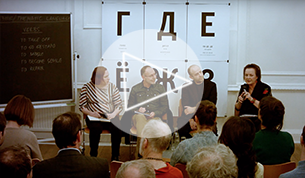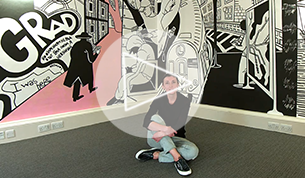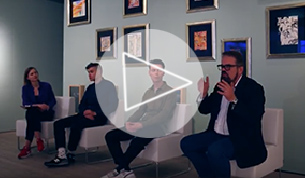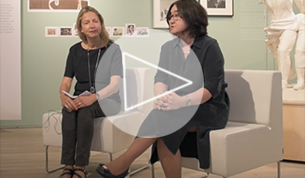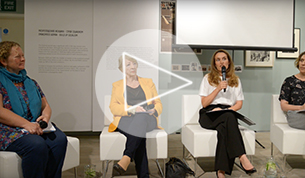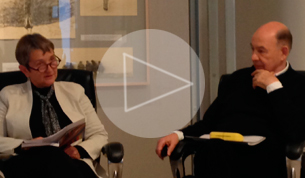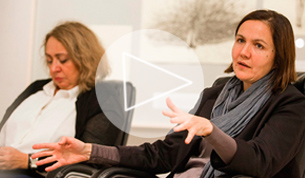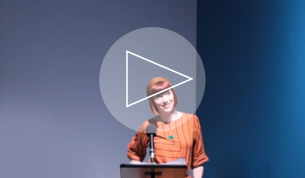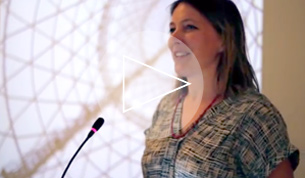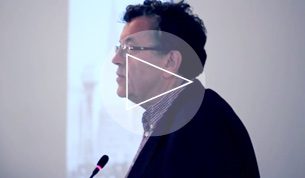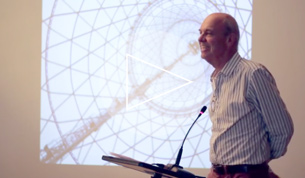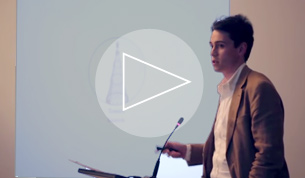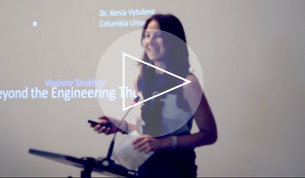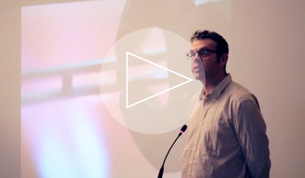Watch
Mother Tongue
Apparition of the Last Soviet Artist in London
ShadowMemory x Art Night Open
Postponed Futures
Superwoman: ‘Work, Build and Don’t Whine'
Unexpected Eisenstein
-
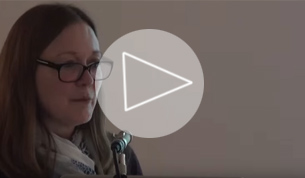 Rachel Morley:
Rachel Morley:
Russian Cinema before 1917 -
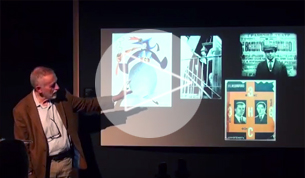 Ian Christie:
Ian Christie:
Besides Eisenstein: Protazanov, Barnet and the new Soviet cinema of the 1920s -
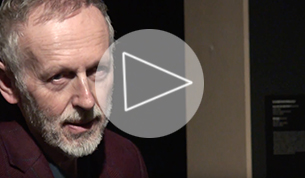 Ian Christie:
Ian Christie:
Maxim and co: creating the new heroes and heroines of the 1930s -
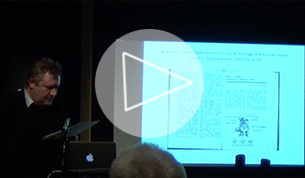 Phil Cavendish:
Phil Cavendish:
Soviet Colour Film, 1929-1945: An Experiment Understood by Very Few -
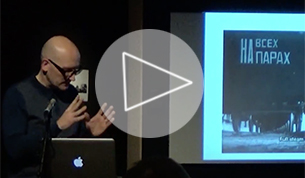 Jeremy Hicks:
Jeremy Hicks:
Meaningful Martyrdom — Death, Revolution and Victory from Lenin to the Reichstag, 1924–45 -
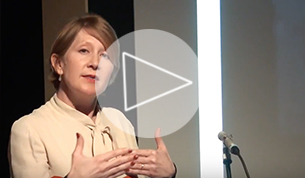 Emma Widdis:
Emma Widdis:
Film and the Making of the New Soviet Person: Bodies, Minds and Feelings -
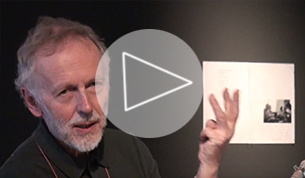 Ian Christie:
Ian Christie:
Hopes and fears: the Soviet New Wave of the 1960s -
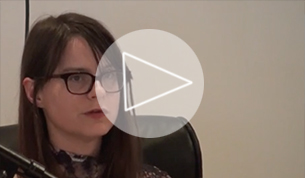 Carmen Gray:
Carmen Gray:
Andrei Tarkovsky: The Citizen Poet and the State -
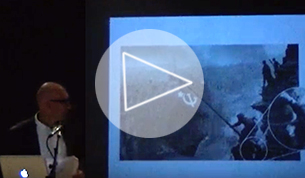 Jeremy Hicks:
Jeremy Hicks:
Reusing War Footage in Russian and Soviet Films, 1945–2015
Peripheral Visions
A Game in Hell. The Great War in Russia
-
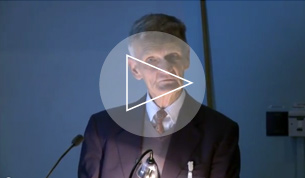 John E. Bowlt:
John E. Bowlt:
Introductory remarks -
 Elena Sudakova:
Elena Sudakova:
'Forgotten Heroes of the Great War' -
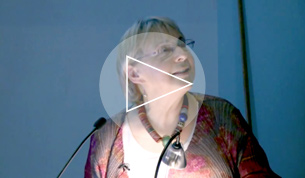 Christina Lodder:
Christina Lodder:
'A Painting Fit for Heroes: Kazimir Malevich's Reservist of the First Division' -
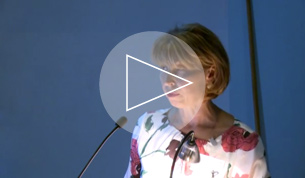 Natalia Budanova:
Natalia Budanova:
'Who Needs the Art Now?': Russian Women Artists Representing the Great War' -
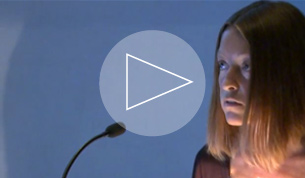 Valentina Parisi:
Valentina Parisi:
'Russian Avant-Garde Circles and the Literary Response to the Great War'
Work and Play Behind the Iron Curtain
The Shabolovka Tower Model
Kino/Film: Soviet Posters of the Silent Screen
-
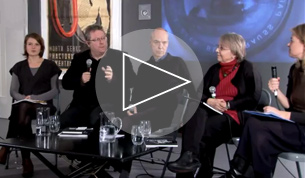 Curators and Special Guests:
Curators and Special Guests:
Panel Discussion with Exhibition -
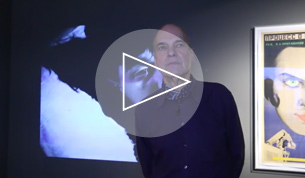 Lutz Becker:
Lutz Becker:
Curator talks: Chess Fever and The Three Million Case -
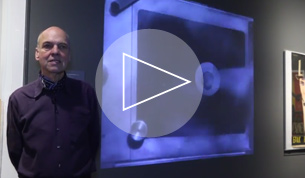 Lutz Becker:
Lutz Becker:
Curator talks: Man with a Movie Camera -
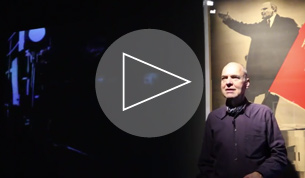 Lutz Becker:
Lutz Becker:
Curator talks: October -
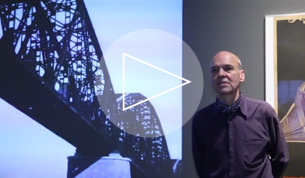 Lutz Becker:
Lutz Becker:
Curator talks: Storm Over Asia and Turksib -
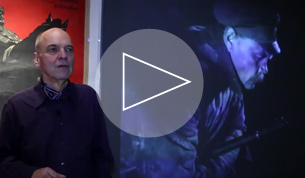 Lutz Becker:
Lutz Becker:
Curator talks: The End of St Petersburg -
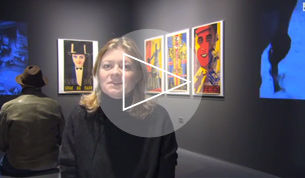 Elena Sudakova:
Elena Sudakova:
Soviet Posters of the Silent Screen
Utopia LTD
-
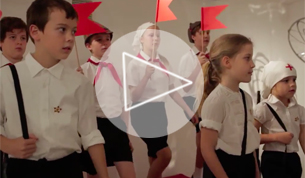 'Inside the Rainbow' Performance:
'Inside the Rainbow' Performance:
Directed by Irina Brown -
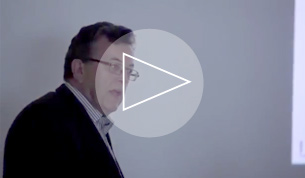 Professor John Milner:
Professor John Milner:
Seminar: 'Re-Constructivism' -
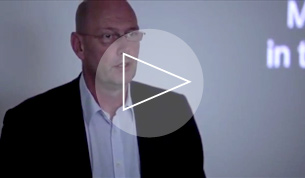 Willem Jan Renders:
Willem Jan Renders:
Seminar: 'After Lissitzky: Reconstructions at the Van Abbemuseum' -
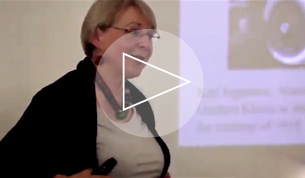 Christina Lodder:
Christina Lodder:
Seminar: 'Gustav Klucis: Transmitting Utopia' -
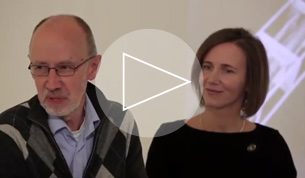 Aleksandr Shklyaruk:
Aleksandr Shklyaruk:
Seminar: 'Klucis and the Materialisation of a Futurist Idea' -
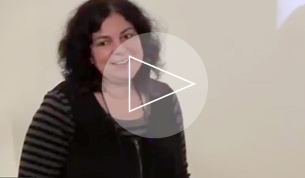 Dr. Maria Tsantsanoglou:
Dr. Maria Tsantsanoglou:
Seminar: 'Tatlin's Legend'
Listen
Superwoman: ‘Work, Build and Don’t Whine'
Unexpected Eisenstein
Bolt
A Game in Hell. The Great War in Russia
Read
Aleksandr Naumov
(1899-1928)
Aleksandr Naumov was born in a small village near Moscow. He started his artistic training in 1909 at the Stroganov School of Arts. He graduated in 1916 but decided to continue his education and applied for another course in decorative arts. After the Revolution, he continued studying in the newly organised SVOMAS, later VKhUTEMAS, and was one of the main initiators for creating the OBMOKhU group, with whom he exhibited in the next few years, including in 1920 when he showed costume designs for village theatre.
Soon after graduating, Naumov commenced his professional career working as a theatre decorator: he created stage designs for various productions including The Golden Cockerel, Georges Dandin and The Storm. Soon he was invited to work at the Bolshoi, where he helped to produce stage designs for Faust and Lohengrin, among other works. According to contemporary accounts, his work throughout this period was bold and inventive, particularly for such a conservative institution as the Bolshoi. His graphic design projects included a booklet for the 100-year Jubilee of the Bolshoi and book covers for publishers such as Gosizdat and Zemlya i Fabrika.
Around this time Naumov started working in film poster design and soon became a well-known artist in this field. He worked together with the Stenberg Brothers (with whom he collaborated on the poster for One Sixth of the Earth), Prusakov, Borisov and Petr Zhukov. He often chose an episode or principal character from the film as a subject, transforming it into a series of bold graphic experiments and adding striking colours. One of his favourite methods of work was the application of a grid on the surface of the poster: adding vertical, horizontal and diagonal lines helped to separate the planes and to achieve a 3D-effect.
Naumov created posters for films such as Oil, The Traitor, and many others. His last major theatre project was a 1927 production of Antigone, directed by Aleksandr Tairov. His other area of work was exhibition design, and in 1928 Lissitzky invited him to participate in the organisation of The International Press Exhibition in Cologne. Naumov died shortly after in a tragic drowning accident, aged only 29. A large body of his work was shown posthumously at the 1929 Moscow Association of Artists-Decorators exhibition.



